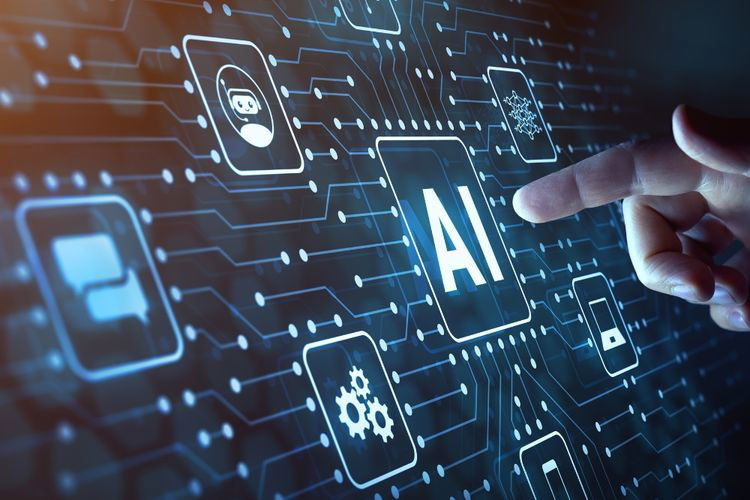Artificial Intelligence (AI) has moved from novelty to necessity, becoming a cornerstone of modern business operations. From transforming customer service to streamlining recruitment and decision-making, AI is reshaping industries at an unprecedented pace.
With global AI investments projected to reach $200 billion by 2025, businesses that fail to adopt AI risk falling behind in the competitive landscape.
Here, we delve into real-world AI applications that are driving value and innovation across sectors, offering insights for business leaders on where to focus their AI investments.
The Current AI Landscape: Trends and Investments
According to McKinsey, CEOs are prioritizing AI technologies like cloud and edge computing, connectivity, and generative AI. Machine learning and computer vision dominate AI investments, with industries such as technology, telecommunications, automotive, and financial services leading the charge.
However, the rise of AI startups is fueling innovation, making advanced AI accessible to businesses of all sizes. These agile startups are developing niche solutions that seamlessly integrate into existing systems or replace legacy processes at lower costs.
The Golden Age of AI Startups
The current AI boom is not confined to tech giants. Startups are playing a pivotal role by leveraging foundational AI models to create specialized applications. These smaller companies offer solutions ranging from automating backend operations to enhancing customer experiences. Their agility enables them to deploy cost-effective and scalable AI solutions, making cutting-edge technology available even to businesses with limited budgets.
Delivering World-Class Customer Experiences
AI is revolutionizing customer service by enabling personalized and efficient interactions. Key applications include:
- Chatbots and Virtual Assistants: AI-powered chatbots, like those from Zendesk and Drift, provide 24/7 customer support, handling inquiries and resolving issues instantly.
- Personalization Engines: Tools like Dynamic Yield analyze customer behavior to deliver tailored experiences, boosting engagement for brands like Sephora and Ikea.
- AI-Powered Sales and Marketing Assistants: Solutions from Conversica automate customer engagement, nurturing leads and freeing up teams for strategic tasks.
- Sentiment Analysis: Platforms like Sprinklr and Quid help businesses gauge customer emotions through social media and review analysis, informing better marketing strategies.
- Voice AI for Call Centers: Tools such as Callminer and Observe.AI enhance call center operations with real-time transcription, sentiment analysis, and predictive insights, improving both agent performance and customer satisfaction.
Transforming Talent Acquisition
AI is also streamlining recruitment and HR processes, allowing companies to source, evaluate, and onboard talent more effectively:
- Automated Recruiting: Platforms like Braintrust AIR and TalentEDGE AI match candidates with roles and conduct prescreening interviews, saving recruiters valuable time.
- Global HR and Onboarding: AI-powered tools like Borderless simplify global hiring by ensuring compliance with local regulations in over 170 jurisdictions.
Empowering Employees Through AI
Beyond recruitment, AI empowers employees by optimizing workflows and reducing repetitive tasks:
- Generative AI Tools: Platforms like Microsoft Copilot, OpenAI’s ChatGPT, and Google’s Gemini enhance productivity in coding, content creation, and more.
- Backend Automation: Tools like Krista.AI streamline internal operations with no-code solutions, enabling faster digital transformation.
- Agentic Ecosystems: Advanced platforms like Valory and Fetch.ai enable multiple AI agents to collaborate, automating complex processes and driving intelligent decision-making.
A Strategic Imperative for CEOs
As AI continues to evolve, it is becoming a strategic imperative for business leaders. The question is no longer whether to invest in AI, but how to prioritize and integrate it effectively.
By focusing on high-impact areas like customer service, talent acquisition, and operational automation, companies can leverage AI to gain a competitive edge.
The AI revolution is here, and it’s transforming industries at every level. Businesses that embrace this change today will be the ones leading their markets tomorrow.
